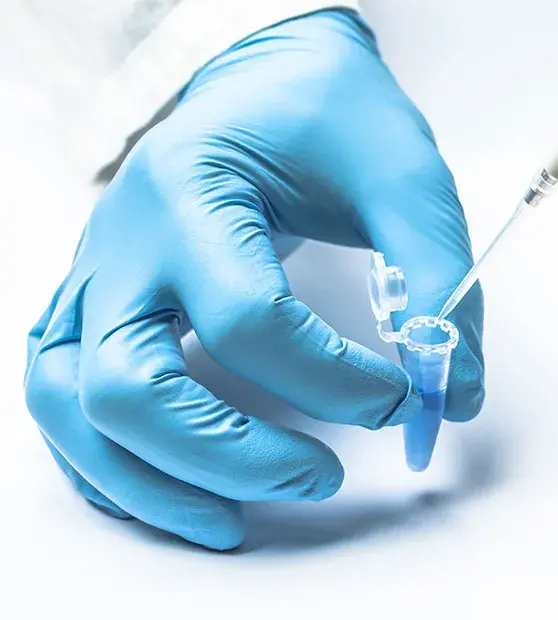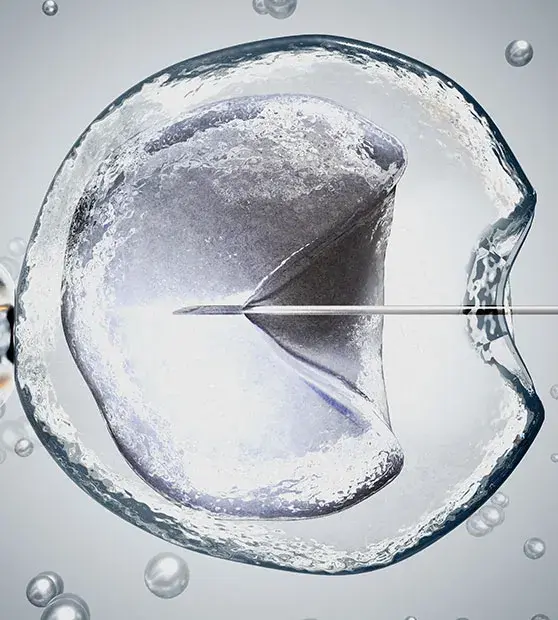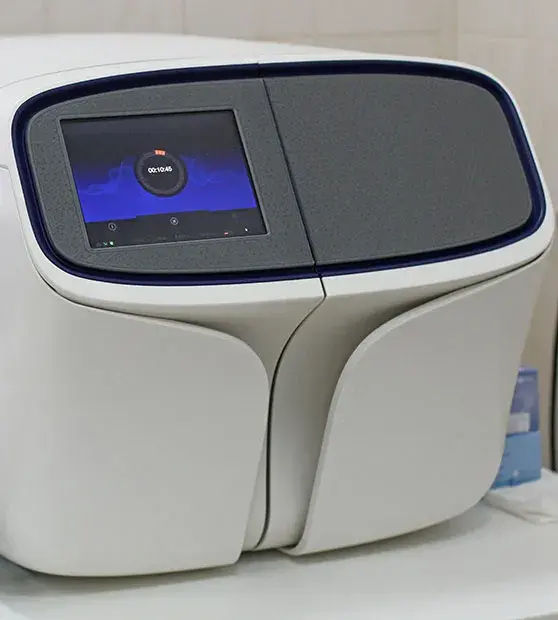Preimplantation Genetic Testing for Structural Rearrangements (PGT-SR)
PGT-SR is a genetic test for detecting inherited chromosomal structural rearrangements in embryos prior to their transfer and enhancing the chance of a successful pregnancy.
This testing is commonly considered after recurrent miscarriages or the birth of an offspring with chromosomal abnormalities, as affected couples are normally healthy and unaware of the chromosomal structural rearrangement that they carry. Their condition simply puts them at an increased risk of creating embryos with the incorrect chromosome number or structure.
Who should undergo PGT-SR?
The test, PGT-SR, is helpful for individuals with a chromosomal rearrangement (e.g. inversion, reciprocal translocation, Robertsonian translocation, etc.) identified with specialized genetic testing like karyotyping. It allows the detection of incorrect chromosome copy numbers (i.e. gains or losses of chromosomes or parts of chromosome) and enhances the chance of a healthy pregnancy via the transfer of embryos with an accurate chromosomal content.
How is PGT-SR done?
This procedure includes testing embryos produced via IVF, selecting and transferring the ones with the correct amount of chromosomal material.
- A biopsy of the embryo is taken after it is grown in culture for about five days and reaches the blastocyst developmental stage made up of hundreds of cells.
- The biopsy involves the removal of 5 to 7 cells of the external layer of the embryo, called trophectoderm, without touching the inner cell mass that gives rise to the fetus.
- Analysis of the embryo’s genetic material is carried out.
- Embryos are cryopreserved following biopsy.
- The presence of unbalanced chromosomal rearrangements may also be determined via the detection of partial/sub-chromosomal gains or losses in genetic material.
- The suitable embryos, based on the PGT-SR results, are thawed and transferred to the patient’s uterus in a subsequent cycle.
What are the benefits of PGT-SR?
- PGT-SR is a major analytical technique recommended for persons (male or female) with a chromosome rearrangement (structural or numerical). The test improves the chance of a successful pregnancy following IVF and decreases the risk of severe conditions in the baby.
- PGT-SR reduces the risk of miscarriage or pregnancy with a genetically abnormal fetus.
- It decreases the distress of multiple unsuccessful IVF cycles and early miscarriages frequently faced by carriers of a structural rearrangement.


